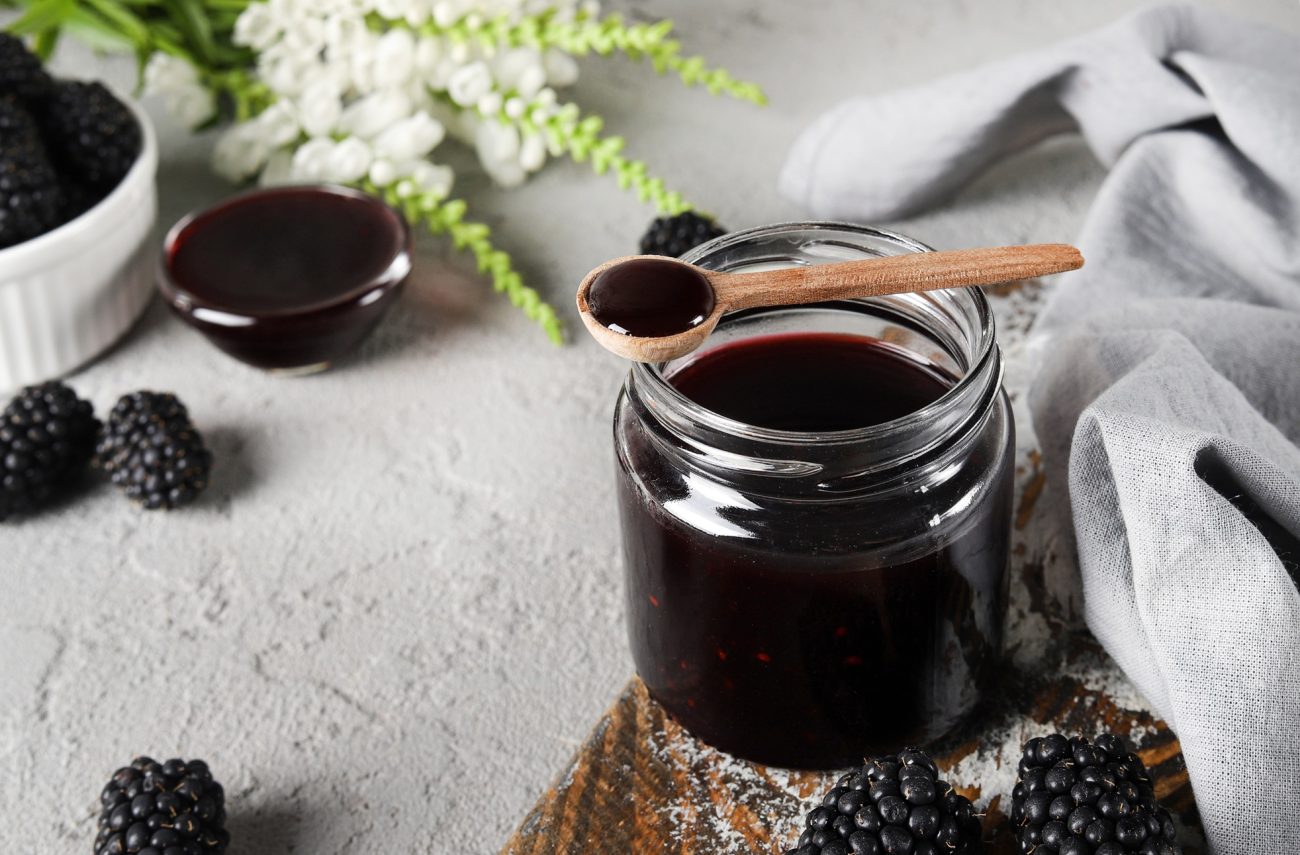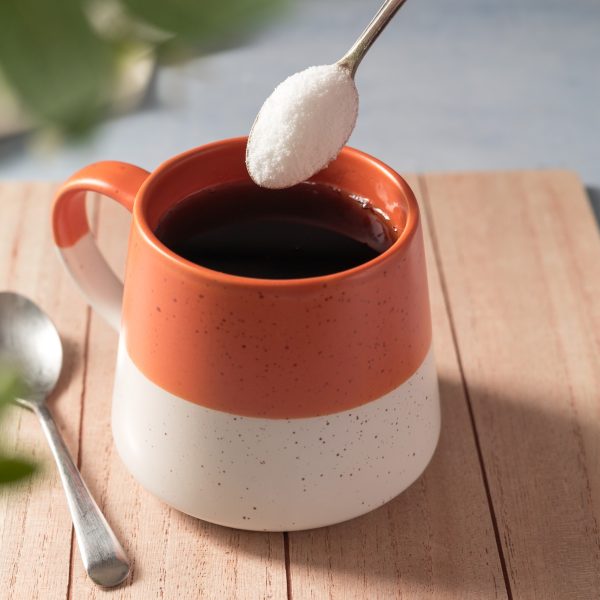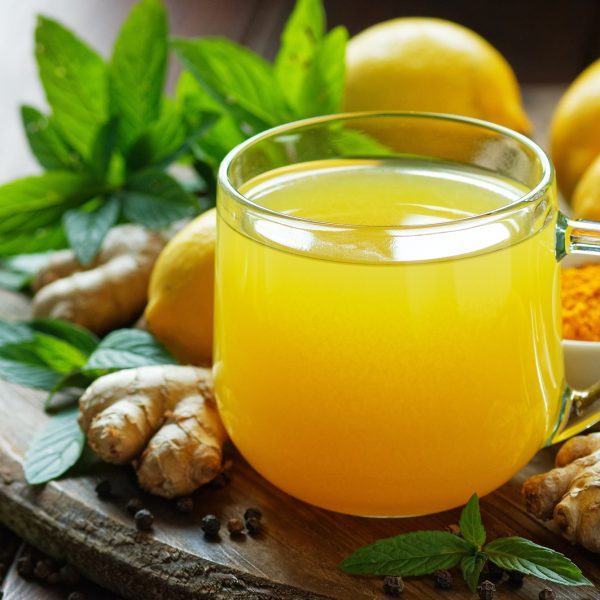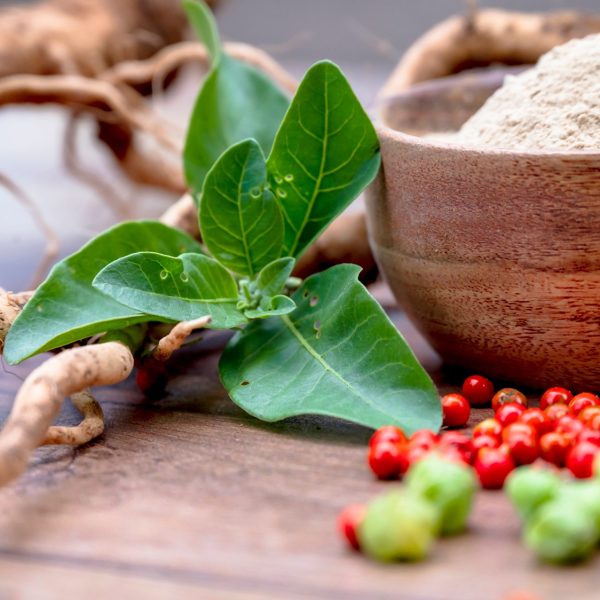
15 mins prep time | 1 hour cooking time | 1 litre | Beginner | Vegetarian
Inspired by the fruiting British hedgerows as summer turns to autumn, this warming spiced berry syrup is an immune tonic to support transition through the seasons.
This hedgerow-inspired syrup uses seasonal berries, warming spices and honey to create a flavoursome, rich and nutritive immune tonic. This spiced berry syrup can be made in large batches and taken on a daily basis as a preventative against colds and flus throughout the autumn and winter, or used acutely to help aid recovery from a respiratory infection.
This is a straightforward recipe with room for creativity and experimentation, depending on what fruits can be found on a forage and what spices can be found in the kitchen cupboards. This immune tonic is rich in antioxidants from the blackberry, elderberry and rosehip content as well as having antiviral, antibacterial and immunostimulatory effects.
Ingredients
- 120 g elderberries
- 120 g rosehips
- 120 g blackberries
- 15 g grated fresh ginger
- 2 cinnamon sticks
- 300 – 400 g raw organic local honey (this can be substituted for agave for vegan diets)
- 1500 ml filtered water
How to make a delicious spiced berry syrup
- Pick the elderberries off using a fork and discard any stems.
- Combine all the ingredients aside from the honey in a large saucepan
- Bring the mixture to the boil, then reduce the heat to low, cover and simmer for between 40–50 minutes. By this point the liquid should have reduced by half.
- Remove the mixture from the heat and cool slightly.
- Strain the liquid through a fine muslin cloth and place back into the saucepan.
- Stir the honey through once the mixture is still warm but not hot.
- Pour the mixture into sterilised glass bottles or jars.
How to best store a herbal spiced berry syrup
Store the bottled mixture in the fridge and use within six weeks.
Medicinal uses of herbal syrup ingredients

Elderberry (Sambucus nigra)
The flavonoids and anthocyanins in elderberry contribute to its antioxidant, anti-inflammatory, antiviral and immunomodulatory actions. Elderberry stimulates cytokines, macrophage activity and dendritic cells to stimulate the immune response, making it effective in treating infections (1). It is also a powerful antiviral as it blocks viral glycoproteins (including hemagglutinin on influenza viruses) preventing replication and limiting the spread of the virus (2).
Rosehip (Rosa canina)
Rosehips contain one of the highest vitamin C levels of any fruit or vegetable. Rosehips have been shown to stimulate the production of lymphocytes and generation of antibodies, which helps to support the immune response (3). Rosehips also modulate immunity by inhibiting inflammatory mediators, which in cases of allergic rhinitis, asthma, coughs and colds, helps to alleviate associated respiratory symptoms (4).
Blackberry (Rubus fruticosus)
Blackberries are another rich source of antioxidants and anthocyanins which help to reduce inflammation and oxidative stress. Blackberries have also shown to exhibit antimicrobial actions in vitro against multiple strains of bacteria (5).
Ginger (Zingiber officinale)
Ginger is a warming expectorant, so brings warmth to the body and reduces mucus and congestion. Ginger also has antiviral and antibacterial properties and is effective in fighting infection (6).
Cinnamon (Cinnamomum verum)
Cinnamon is another warming herb, helping to increase circulation and bring warmth in cases of colds, fevers or flus. Cinnamon has also been shown to inhibit viral replication with a specific effect on respiratory viruses including influenza and SARS-CoV-2 (7). It can also help to reduce excess mucus and provide relief from symptoms of respiratory infections (7).
FAQs
What herbs can you use for a herbal syrup?
There are a variety of other ingredients which can also be included in this recipe, many of which may be growing in the wild including turkey tail mushroom (Trametes versicolor) for its immunostimulatory effects; mullein (Verbascum thapsus) as a respiratory tonic or thyme (Thymus vulgaris) to increase the expectorant and antiviral properties.
What can you use instead of honey in a syrup?
Honey can be substituted for agave or maple syrups to accommodate for vegan diets, or alternatively sugar can be used; however, as sugar is typically refined (undergone processing), natural syrups are preferable.
How can you extend the shelf life of herbal syrup?
The sugar content of syrups defines how long it will keep. To keep the sugar content down, this syrup has a relatively short shelf life, as its sugar to water to ratio is 1:2. Increasing the honey content to anything up to 1500 g (a ratio of 2:1) can increase how long a bottle or jar will last before it is first opened to around six months.



























